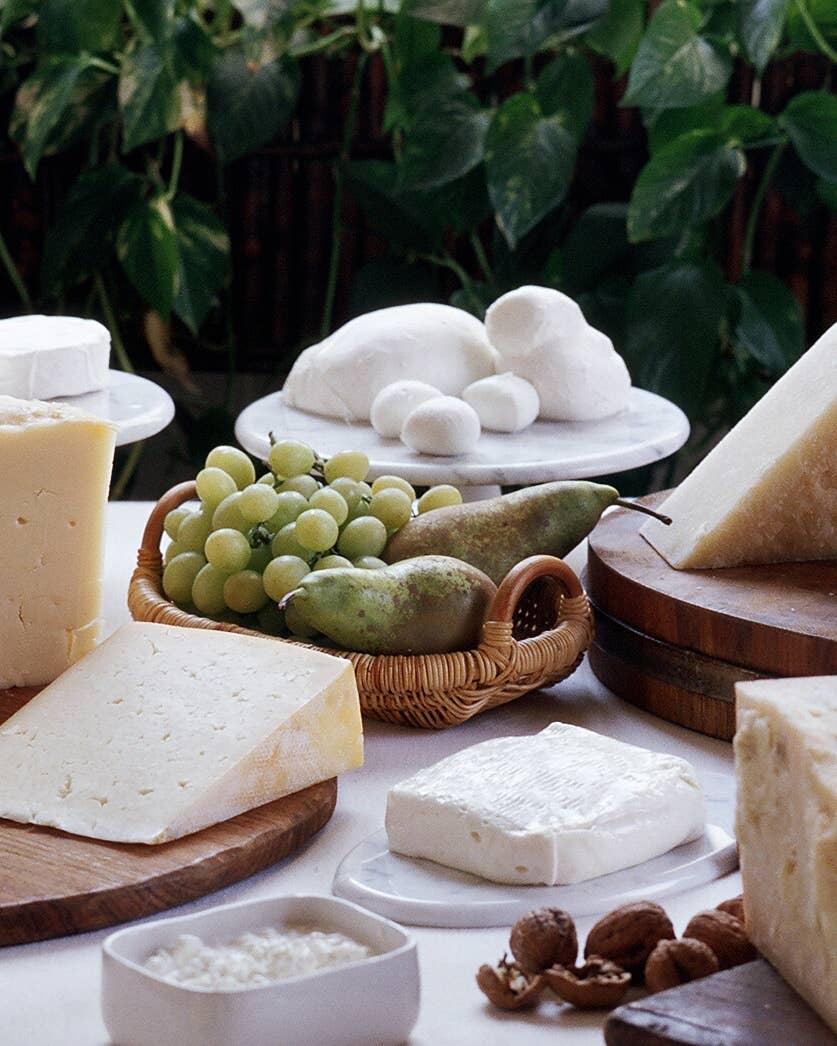
The Khachapuri Index is Georgia’s Answer to Our Big Mac Index
Burgernomics can’t compare to cheesenomics
Every year, The Economist publishes an updated version of its handy Big Mac index, a lighthearted currency comparison tool founded on the notion that "global exchanges rates should eventually adjust to make the price of identical baskets of tradable goods the same in each country." Though the world's vastly varying dietary attitudes and values render the tool less-than-precise—after all, a Big Mac means something very different in Malaysia than it does the United States, for example—, it's still a fun way to digest the exchange-rate theory.
But what if you wanted to apply the same treatment to another country's foods, say, a donner kebab in Turkey or a taco in Mexico? As it turns out, Georgian economists at the International School of Economics at Tblisi State University (ISET), created their own cultural riff, the Khachapuri Index, several years ago.
It's named after Georgia's national and most popular food, the eponymous cheese-bread creation that comes in various shapes and sizes, including a particularly photogenic "cheese-and-egg boat" version that's taken social media by storm in the past few years. Reflecting Georgian staple ingredients—its economic "basket" contains flour, cheese, yeast, milk, eggs, and butter—the dish's price parallels its yearly agricultural cycle: cows in Georgia produce little milk in the winter, skyrocketing dairy prices, while their fair-weather output plummets them.
Yet, despite that seasonal irregularity, the Khachapuri Index has also revealed that absent of significant price inflation, a "devaluated national currency has strengthened Georgia's position as a competitive destination for international tourism (at least as far as prices are concerned)." Given how khachapuri-crazy we've become at SAVEUR, we'd say Georgia's pretty competitive as far as food concerned too.
h/t Georgia Today
Keep Reading
Continue to Next Story










